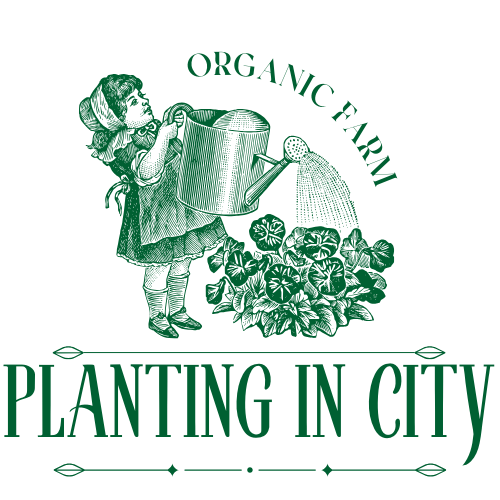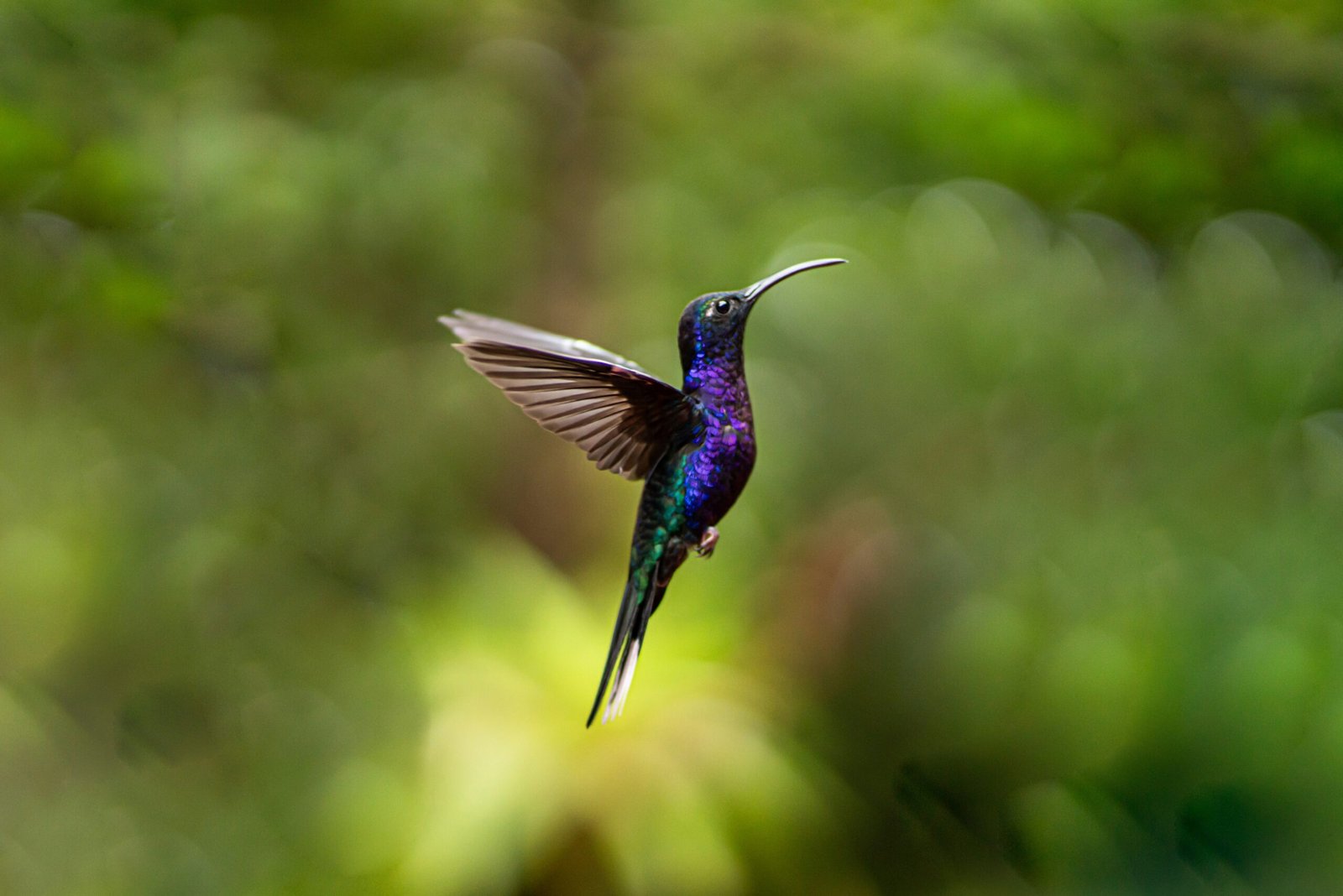Finding the right hummingbird feeder can turn your garden into a buzzing haven of joy without inviting unwanted guests like bees and squirrels. If you love the vibrant energy of hummingbirds but struggle with bees overtaking your feeders, this guide is tailored for you. Balancing the appeal for hummingbirds while keeping bees at bay requires a bit of know-how and the right equipment. Let’s dive into how you can achieve this harmony in your garden.
Why Choose a Bee-Proof Hummingbird Feeder?
Hummingbird feeders are a delightful addition to any garden, especially for those who cherish the beauty of Purple Hydrangeas and the charm of small-space gardening. However, the sweet nectar that attracts hummingbirds is equally enticing to bees, which can lead to competition for the food. Not only does this create a hazard for the birds and the bees, but it can also deter hummingbirds from visiting the feeder altogether.
Selecting the Right Feeder
Look for Hummingbird Feeders with Bee Guards
To keep your feathered friends safe and your garden buzzing with the right kind of visitors, opt for hummingbird feeders with bee guards . These feeders are designed with tiny mesh or plastic guards that prevent bees from accessing the nectar while allowing hummingbirds to feed easily with their long beaks.
Consider a Squirrel-Proof Hummingbird Feeder
While bees are a common concern, squirrels can also pose a threat to your hummingbird feeders. A squirrel-proof hummingbird feeder is a smart investment, protecting the nectar from being raided by these agile creatures.
Installation Tips to Keep Bees Away
Proper installation can significantly reduce the chances of bees taking over your hummingbird feeder. Here are some tips:
– Location Matters: Place your feeder away from flowering plants to reduce its visibility to bees. Hummingbirds can find feeders by sight, so they don’t need to be close to flowers.
– Shade Over Sunshine : Bees prefer to feed in the sun, while hummingbirds will visit feeders in shaded areas. Positioning your feeder in a less sunny spot can discourage bees.
Caring for Your Hummingbird Feeder
To ensure your hummingbird feeder remains a source of joy and not a battleground for bees, regular maintenance is crucial. Here’s how to care for it:
– Clean Regularly: A clean feeder is less likely to attract bees. Wash it with hot water and a mild detergent every few days to keep it fresh and appealing to hummingbirds.
– Change Nectar Often: Refresh the nectar every 2-3 days to prevent fermentation, which can attract bees.
– Check for Leaks: A leaking feeder is an open invitation to bees. Regularly inspect your feeder for any signs of leakage and repair it promptly.
Creating a Garden Hummingbirds Love
While choosing the right feeder is essential, complementing it with a garden that hummingbirds adore will enhance your chances of attracting these beautiful birds. Incorporate plants like Purple Hydrangeas, which not only add to the aesthetic appeal of your garden but also offer natural nectar sources for hummingbirds.
Frequently Asked Questions
How to keep bees away from oriole feeders?
Just like with hummingbird feeders, use feeders designed to deter bees, place them away from overly sunny spots, and maintain cleanliness.
Do hummingbirds eat bees?
No, hummingbirds primarily feed on nectar. They may occasionally consume small insects, but bees are not a part of their diet.
How to keep honey bees away from hummingbird feeders?
Employ feeders with bee guards, maintain cleanliness, and use tactics such as placing the feeder in the shade to make it less attractive to bees.
Do hummingbird feeders attract bees?
Yes, the sweet nectar can attract bees. Using bee-proof feeders and following the tips mentioned can help minimize this issue.
Do hummingbirds eat wasps?
Like bees, wasps are not typically prey for hummingbirds. The focus for hummingbirds is on nectar and occasionally small insects for protein.
In conclusion, creating a haven for hummingbirds while keeping bees and squirrels at bay is entirely possible with the right feeder and garden setup. By following these tips and maintaining your feeder, you can enjoy the flutter and buzz of hummingbirds without the unwelcome competition from bees. For more insights on creating a bee-safe zone for your hummingbirds, explore resources like PerkyPet and Muse Garden for comprehensive guides.


